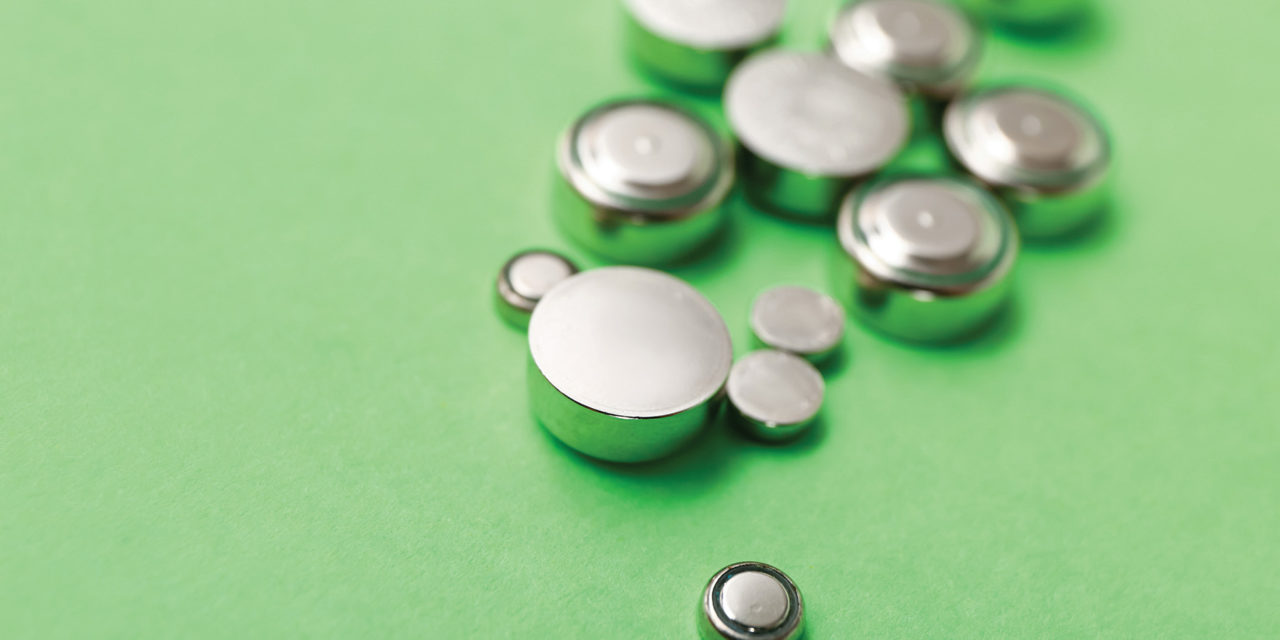Button Battery Safety
Button batteries power many devices and toys that are used every day. They are small, shiny and usually the size of a coin. Because of the small size, it may not be obvious when they fall out of a device. A child can swallow these batteries very easily. Button batteries can cause life-threatening injuries when swallowed. Tissue damage can start to occur in as little as 2 hours as a result of the battery reacting with saliva. Common symptoms of a swallowed battery are fever, irritability, not wanting to eat or drink, wheezing, throat pain and vomiting. In addition to swallowing, your child could just as easily stick the battery in their ear or nose. Be on the lookout for fluid drainage or blood as well as fever, pain or swelling and irritability.
There may be no symptoms at all but if you think your child has ingested or put a battery in their ear or nose you should go to the nearest emergency room. A child is treated every three hours for button battery ingestions. If your child is over 12 months and you suspect a battery ingestion, you can give them two teaspoons of honey and repeat 4-5 times, waiting 10 minutes between each dose. If your child begins to vomit, stop the honey immediately. Do not force your child to eat, drink or vomit as this could cause further damage.
To prevent your child from a button battery related injury, make sure to regularly check devices and toys around your house. Ensure the battery case is secured tightly and if it cannot be, then keep that device out of reach of children. Do not let small children play with anything that uses these batteries and if you do, watch them carefully during playtime. As with any other hazards, store all loose batteries in a locked cabinet or up and away from children.

















